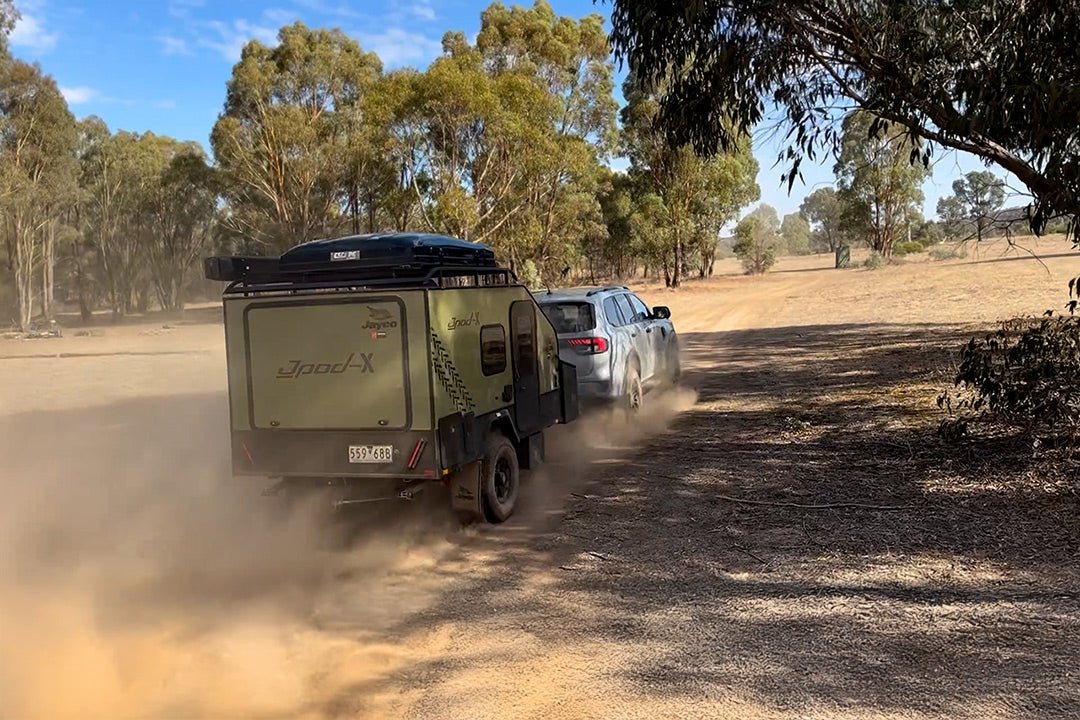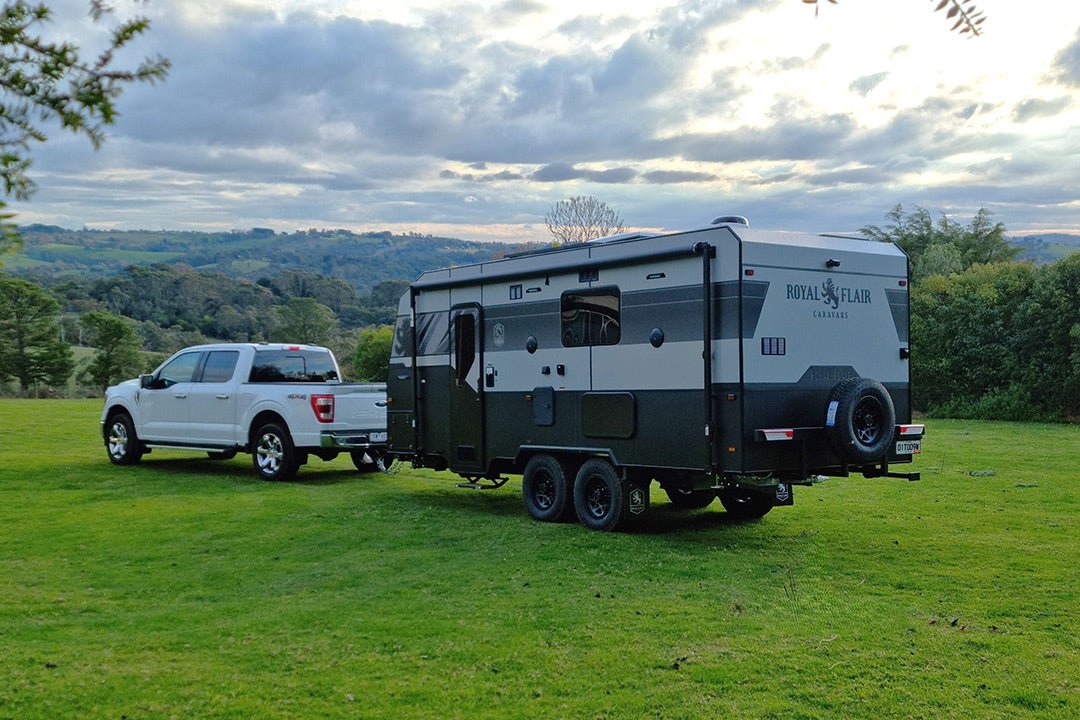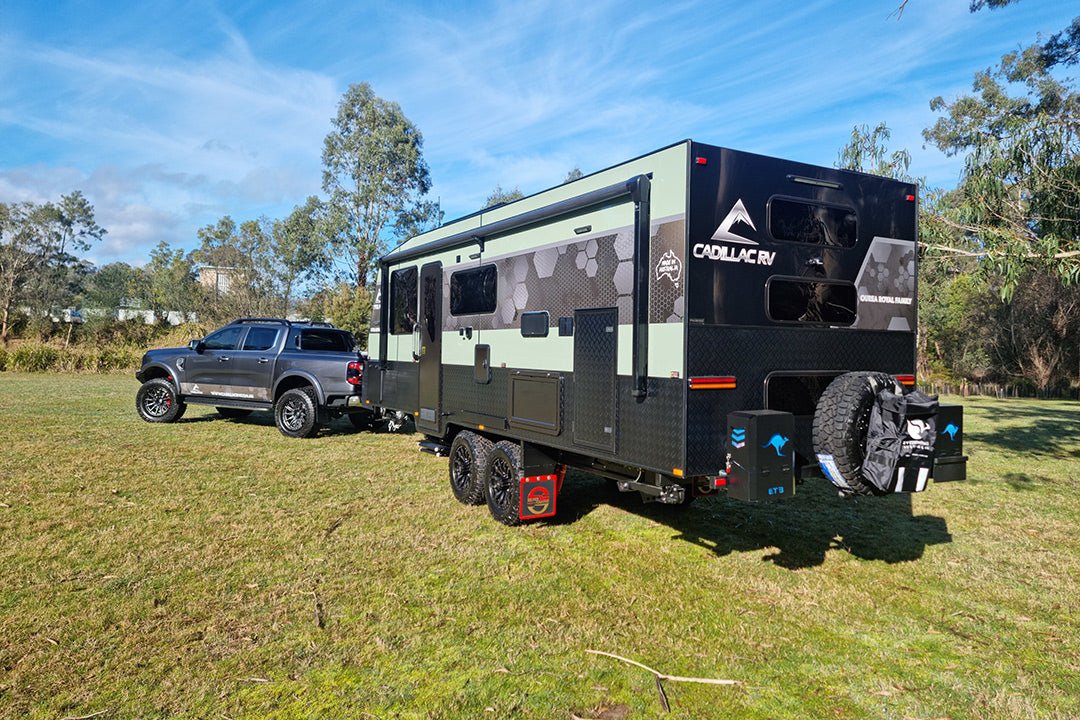Explaining Environmentally Friendly Wine Terms
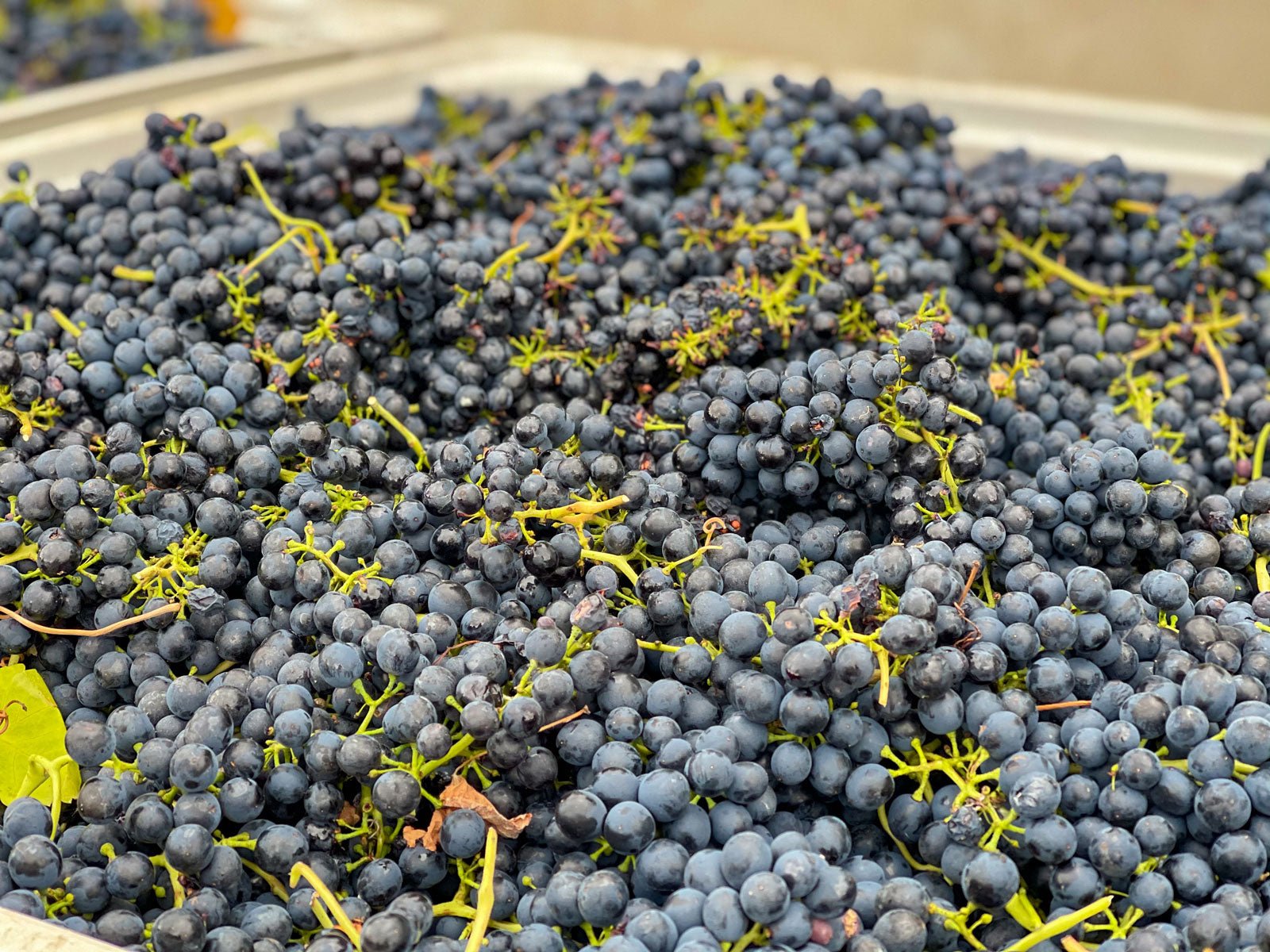
As a society, in Australia we are constantly trying our best to be considerate when it comes to nature and the impact our lifestyles have on the environment. It’s in our culture to be thoughtful, accepting and open-minded towards new and improved ways of life. We try to support initiatives that we believe make the world a better place and strive to live healthier, cleaner and leaner when it comes to our choices.
With that in mind, it is no surprise these buzzwords have creeped into the world of wine and with the right amount of societal peer pressure have made us anxious about making the ‘right’ choices in picking a bottle for the dinner table.
Let’s rewind a little. Before succumbing to the ways of marketing geniuses, I think it’s important to untangle the mystery behind the fancy titles, learn what each one of them actually means so we can make more educated choices about what we choose to drink.
SUSTAINABLE
This is a word widely used across many industries, and generally has us thinking in the right direction when it comes to lessening the footprint of production. In the wine industry, sustainability is mostly to do with grape growing, rather than the making of the wine, and is a movement I support a lot. To me it means being conscious about the growing practices, while retaining a level of supervised control, when and where needed. Sustainable growing does not use any synthetic chemicals to aid growing or prevent disease, while still maintaining the ability to use natural sprays to fight problems if they arise.
ORGANIC
Organic is once again a way of growing. Organic production of grapes involves maintaining a natural balance without the use of any synthetic fertilisers, herbicides, insecticides or fungicides. All products used throughout the process of growing grapes and making wine involve only organically derived additives or sprays.
In wine there’s also two organic options — certified and uncertified. Certified basically means that the producer has completed an approval process by an approved certifying body. The process is quite complicated and lengthy, taking around 3 years, so there are plenty of producers who choose to grow grapes organically without the certification.
BIODYNAMIC
Biodynamic is a continuation from organic production and takes the process to the next level. Here, apart from using no synthetic products, the growing processes and decisions are interconnected with the Moon cycles and its effects on the Earth. It is believed to be a cohesive integrated process of ecological self-sufficiency.
NATURAL
Let me start by saying that unlike the previous three, ‘natural’ refers more to the process of making wine, than grape growing. This is a process as close to ancient winemaking as it gets, when grape juice was pressed into flasks and left to ferment on its own, with no other intervention. Natural winemaking implies that no yeast or other additives are introduced for fermentation, so the process relies on the yeast cultures present in the vineyard on grape skins naturally.
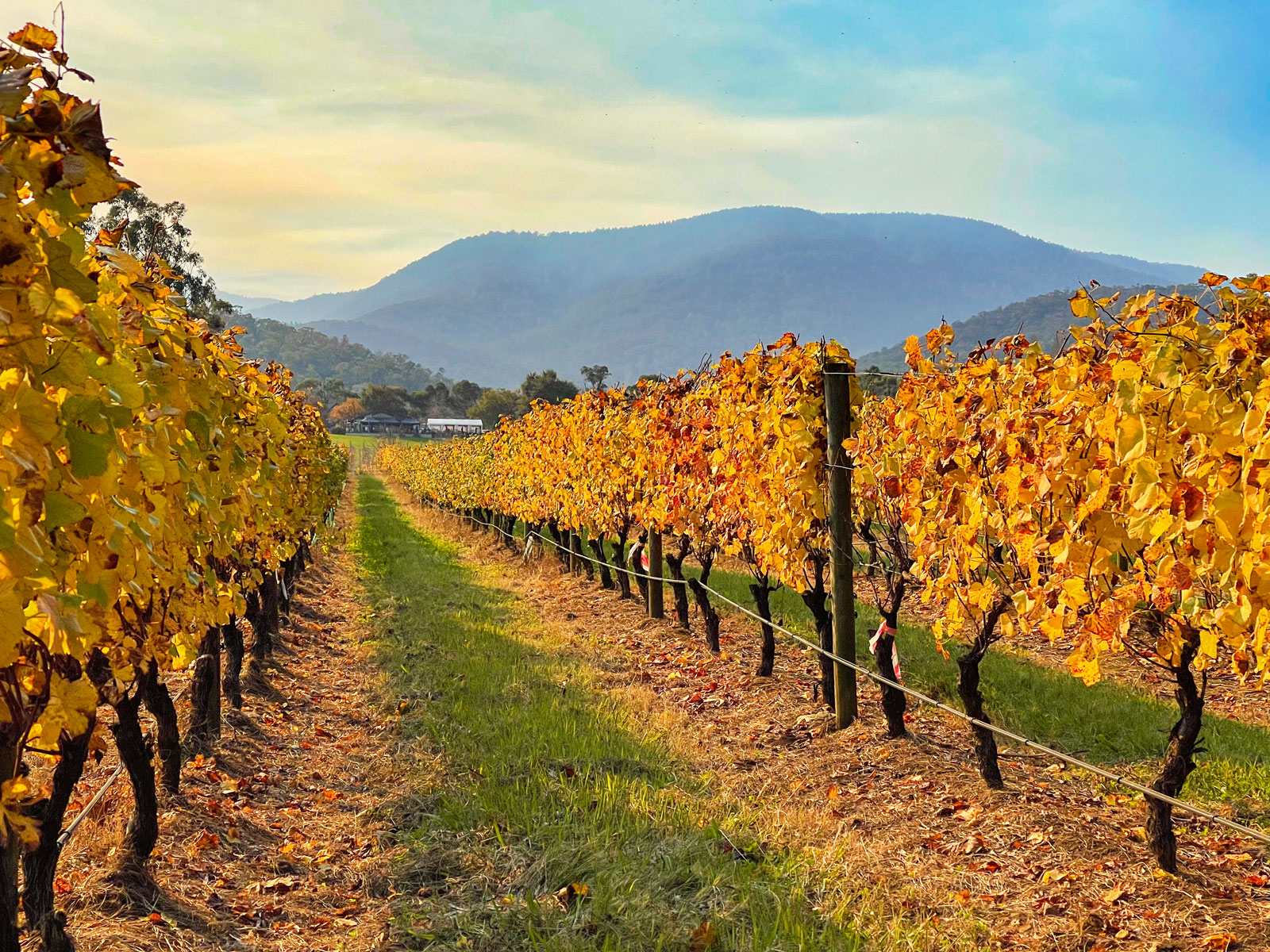
To make sure that the vineyard only carries favourable yeast strains that enhance the natural flavours of the wine, the grapes are generally grown organically with no heavy machinery used to avoid cross contamination from other vineyards. In my opinion, it is quite a risky method of production, as no intervention is allowed even when things go wrong. At the end of the natural wine production the wine is also left unfiltered, which accounts for its slightly cloudy look.
Vegan
But wine is made from grapes, why wouldn’t it be vegan? Is it even worth looking for it on the label or is it just another marketing ploy? Well, yes… and also yes. Here we have to go back to both — growing and making processes.
While grapes themselves are vegan, some products used in the vineyard and at the winery might not be. The most common ones are the use of egg whites or casein (milk-derived protein) in the fining process of the wine. While there are plant-derived proteins that can be used just as successfully — some will argue they work even better — they also come with a higher price tag. Many premium wine producers will be happy to wear the costs to cater to the wider demographic, as in cases of large bulk production the cost factor often wins.
It’s important to note that not every vegan-friendly wine will actually state ‘vegan’ on the label, as it is not currently a labelling requirement. However, in Australia, stating the use of milk, eggs and other animal products is, so if the bottle of your choice does not have ‘traces of eggs or other animal products’ written on the label, I would classify it as fairly vegan-safe.
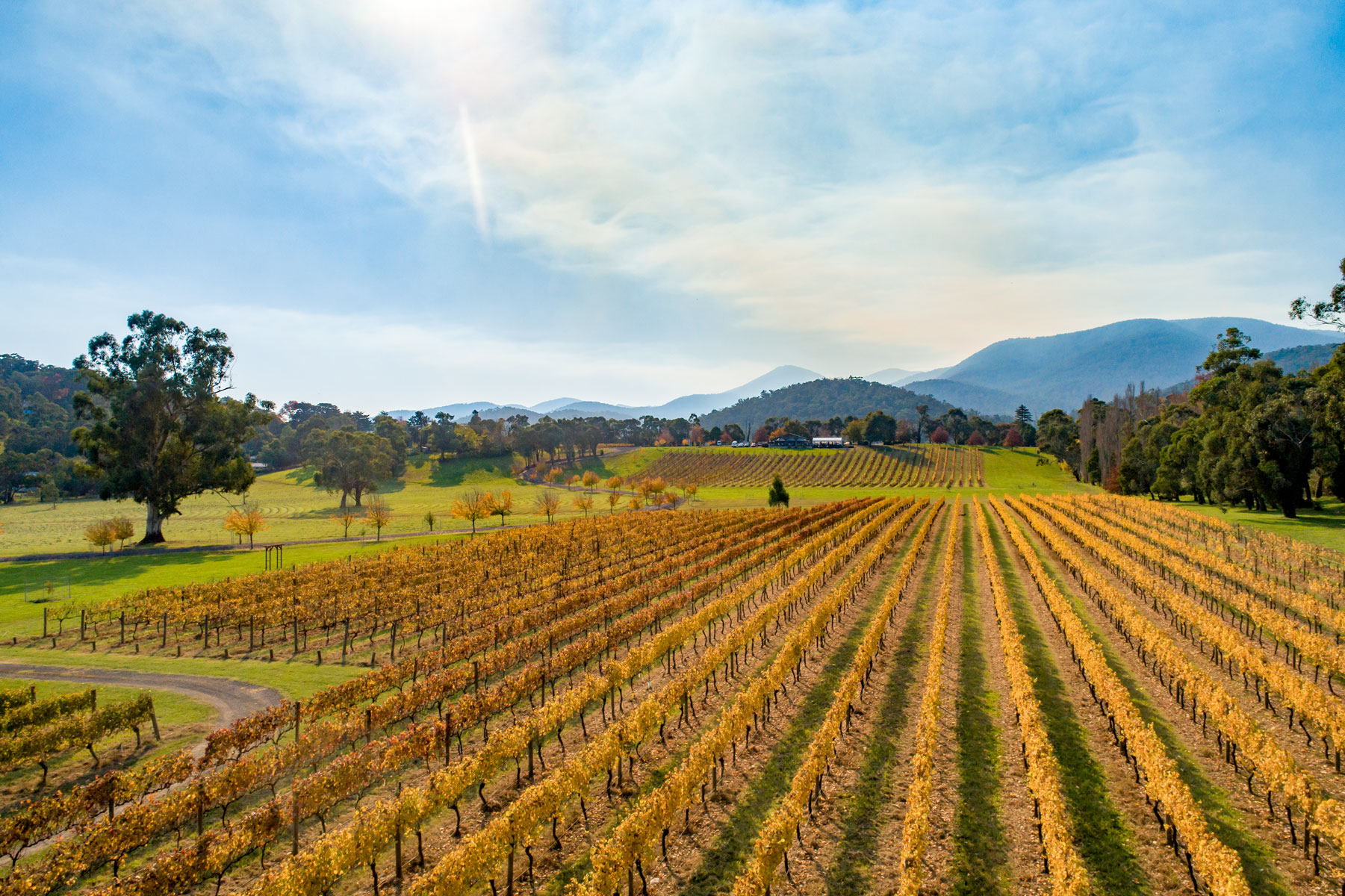
So now we’ve untangled some of the mysteries behind the perplexing labels, I hope we can all make better choices that are right for our beliefs and values. It is important to understand that all labels come with compromises, or certain restrictions in production practices. I know many premium Australian producers follow sustainable, organic and natural practices to the best of their abilities, without labelling their wines under specific classifications. This is often not because they want to use harmful chemicals or cut their costs, but so they have the flexibility to address unforeseen problems in the best possible way. So while the ethicacy labels are important for some, it doesn’t always mean that a bottle of wine that doesn’t display one of those titles is a bad wine. Much of that comes with knowing your wines and knowing your producers.





